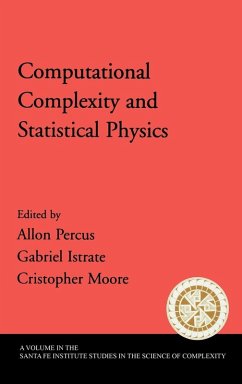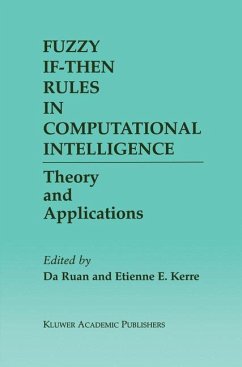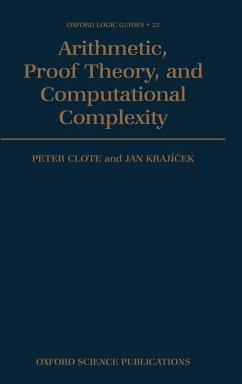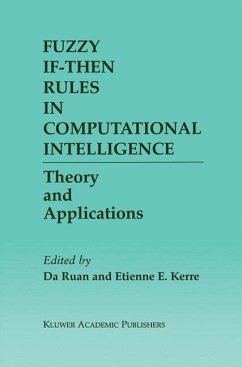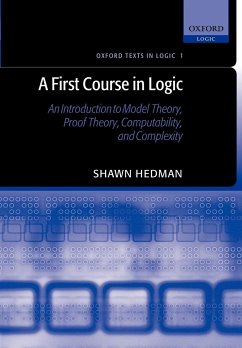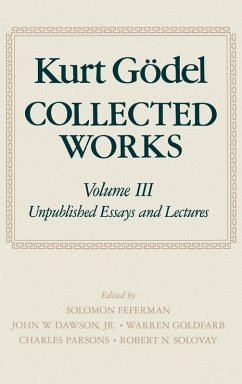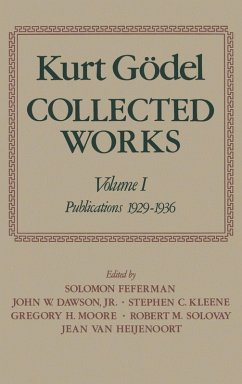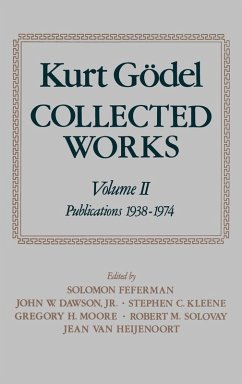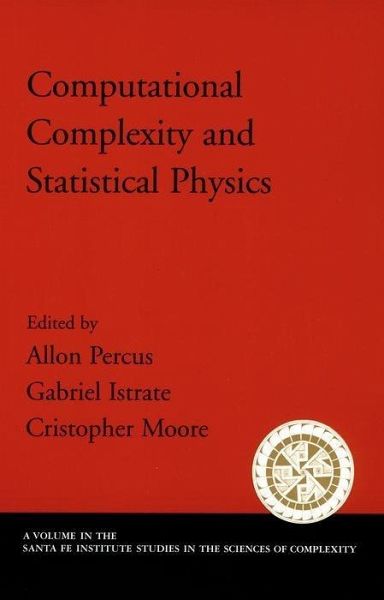
Computational Complexity and Statistical Physics
Versandkostenfrei!
Versandfertig in 1-2 Wochen
67,99 €
inkl. MwSt.

PAYBACK Punkte
34 °P sammeln!
Computer science and physics have been closely linked since the birth of modern computing. In recent years, an interdisciplinary area has blossomed at the junction of these fields, connecting insights from statistical physics with basic computational challenges. Researchers have successfully applied techniques from the study of phase transitions to analyze NP-complete problems such as satisfiability and graph coloring. This is leading to a new understanding of thestructure of these problems, and of how algorithms perform on them. Computational Complexity and Statistical Physics will serve as a...
Computer science and physics have been closely linked since the birth of modern computing. In recent years, an interdisciplinary area has blossomed at the junction of these fields, connecting insights from statistical physics with basic computational challenges. Researchers have successfully applied techniques from the study of phase transitions to analyze NP-complete problems such as satisfiability and graph coloring. This is leading to a new understanding of thestructure of these problems, and of how algorithms perform on them. Computational Complexity and Statistical Physics will serve as a standard reference and pedagogical aid to statistical physics methods in computer science, with a particular focus on phase transitions in combinatorial problems.Addressed to a broad range of readers, the book includes substantial background material along with current research by leading computer scientists, mathematicians, and physicists. It will prepare students and researchers from all of these fields to contribute to this exciting area.





